Getting on an IEP [presentation]
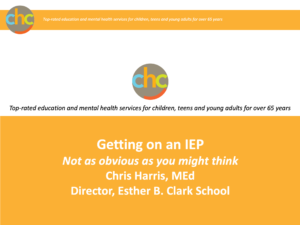 An IEP, or Individualized Education Plan must be in place for a student to receive special education services.
An IEP, or Individualized Education Plan must be in place for a student to receive special education services.
Chris Harris, the Director of CHC’s Esther B. Clark School, explains what an IEP is, the eligibility requirements for an IEP, and how it differs from a 504 plan. Learn about the types of goals that should be included in an IEP, accommodations, and how parents and guardians can be an advocate for their student. Read more ›
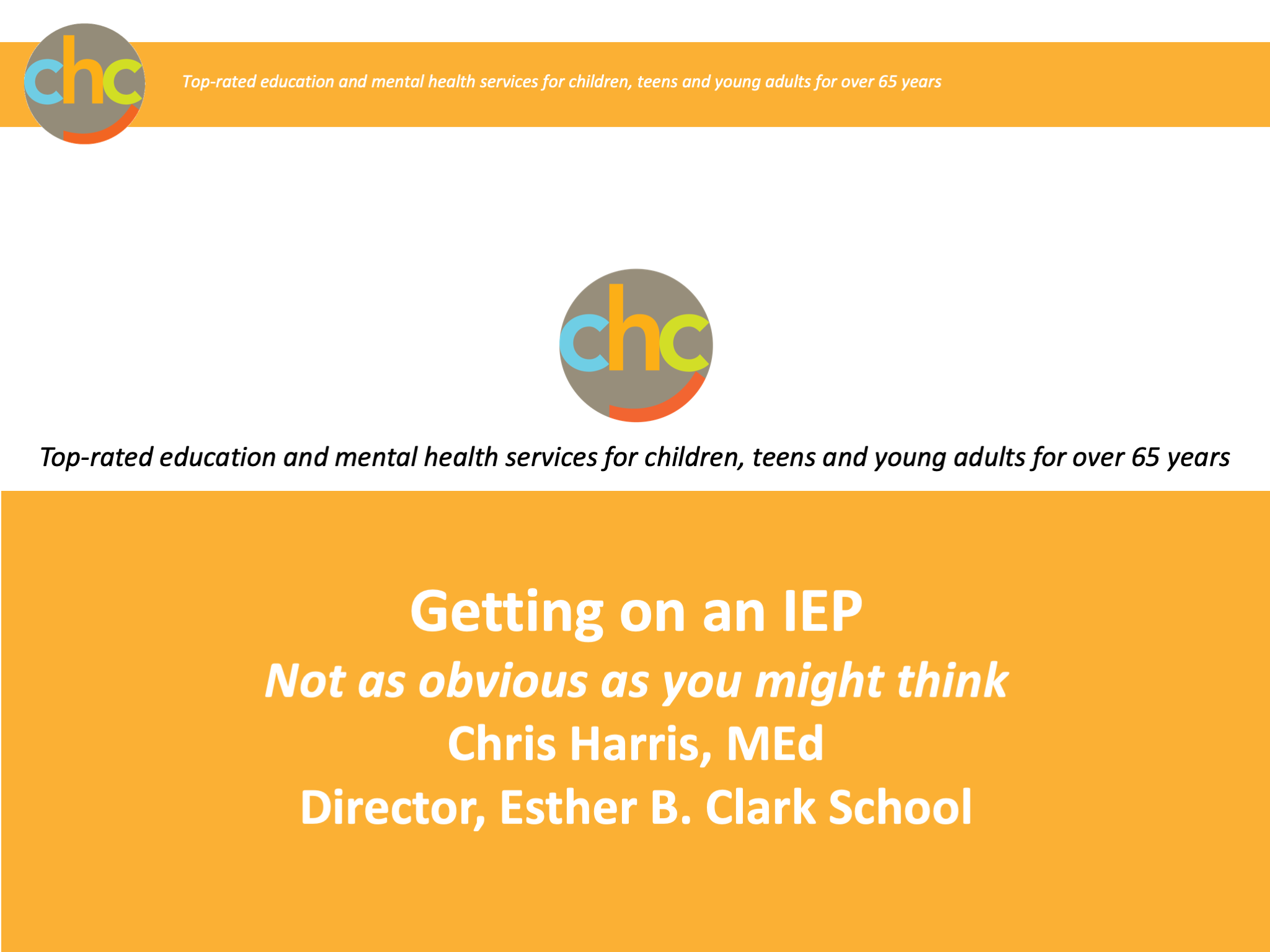

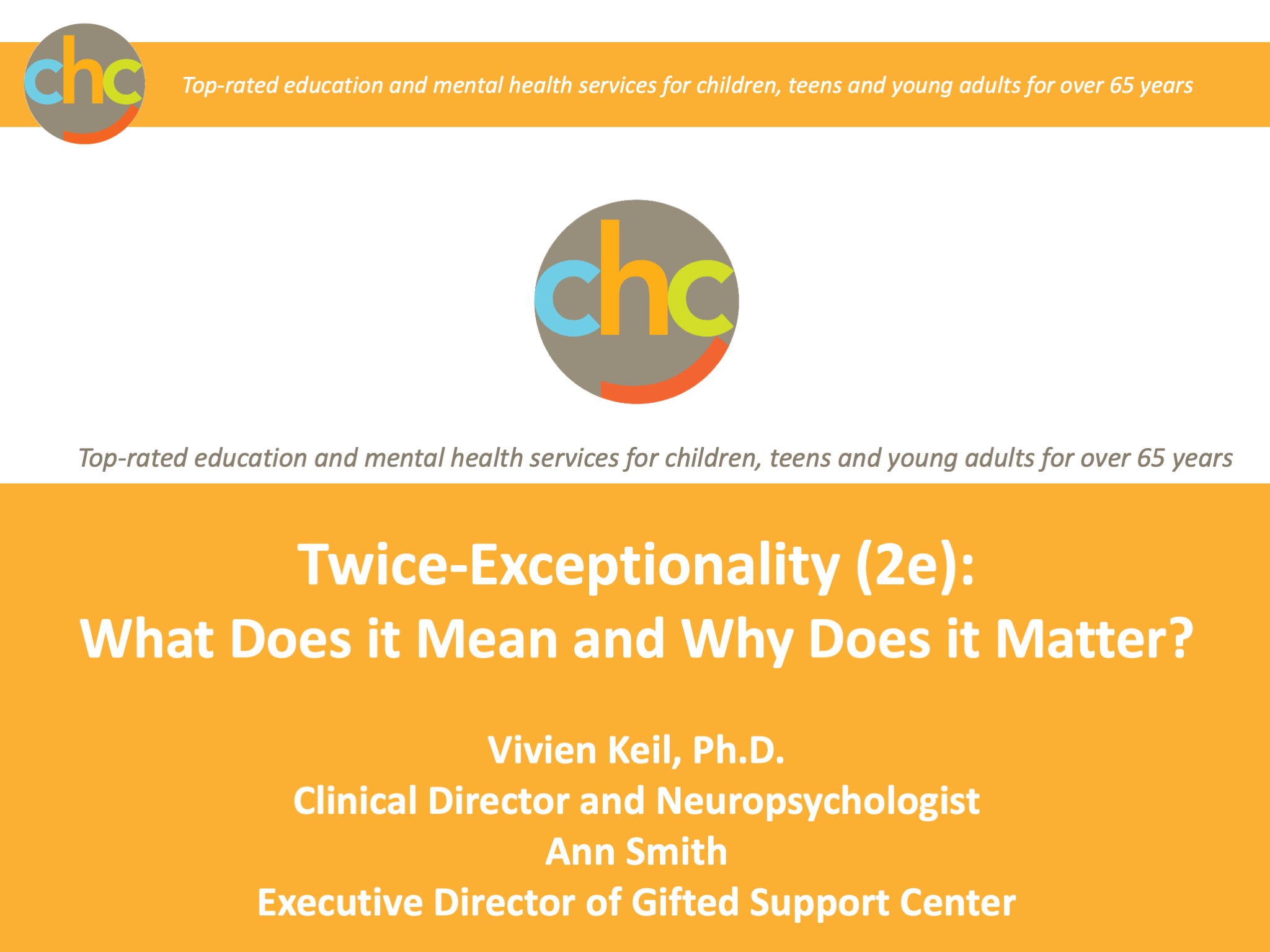
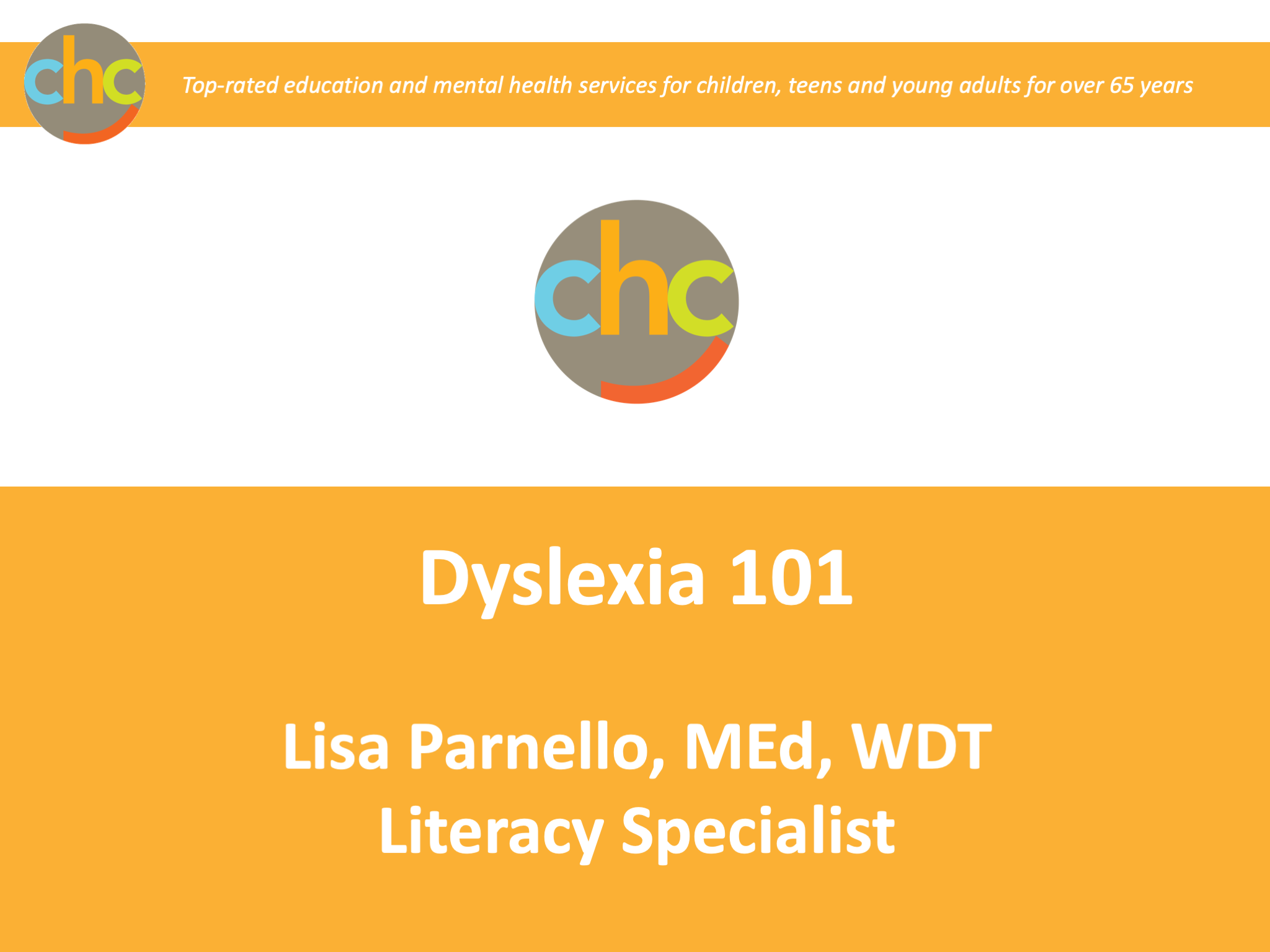

 New Penn State research suggests that children’s executive function deficits may be an important risk factor for academic difficulties.
New Penn State research suggests that children’s executive function deficits may be an important risk factor for academic difficulties.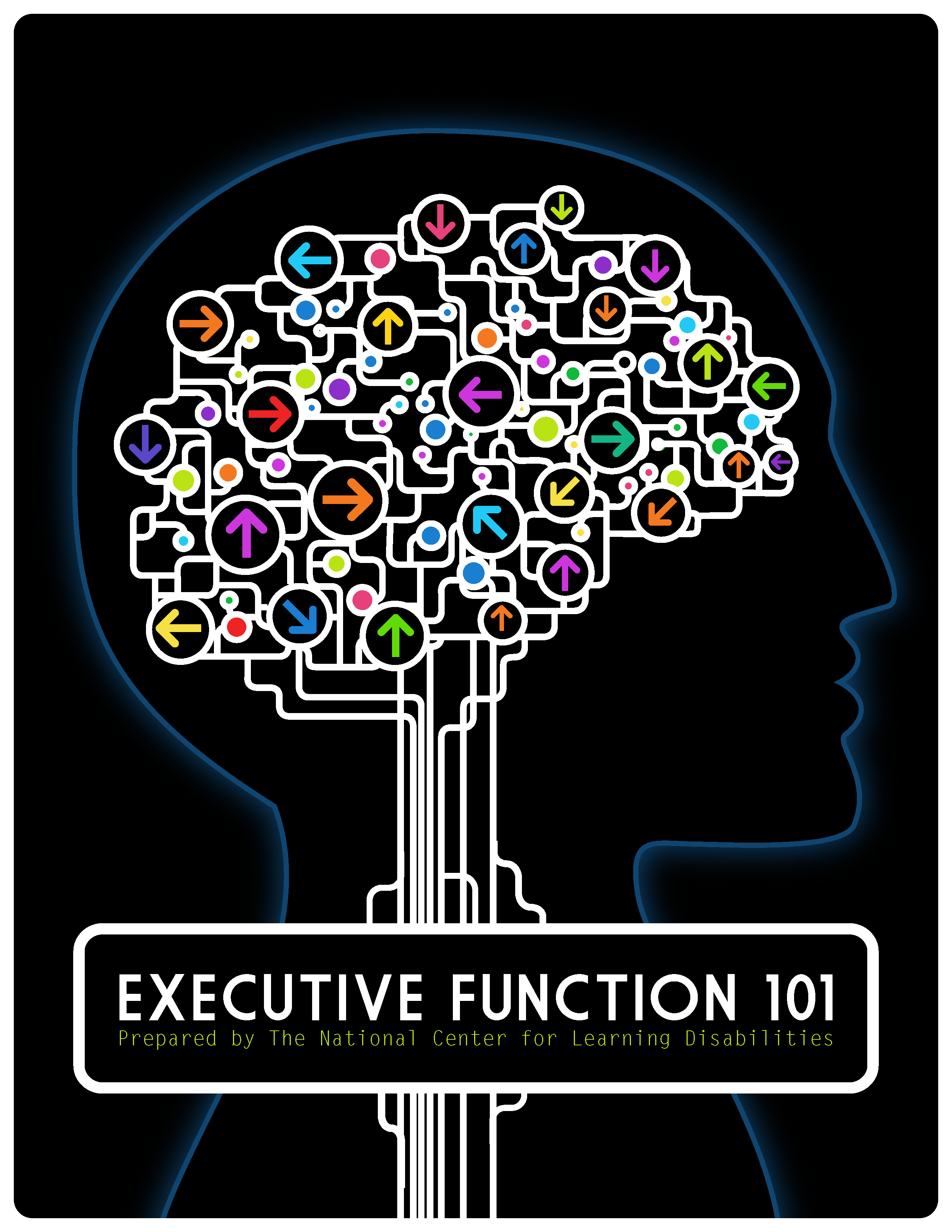
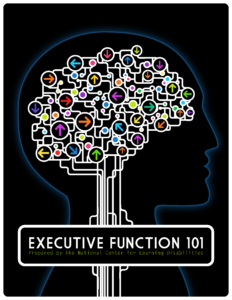 Each of us navigates daily life — learning, work, recreation and relationships — thanks to intrinsic skills called executive functions.
Each of us navigates daily life — learning, work, recreation and relationships — thanks to intrinsic skills called executive functions. 
 Children with disabilities—such as physical, developmental, intellectual, emotional, and sensory disabilities—are at an increased risk of being bullied. Any number of factors— physical vulnerability, social skill challenges, or intolerant environments—may increase the risk. Research suggests that some children with disabilities may bully others as well.
Children with disabilities—such as physical, developmental, intellectual, emotional, and sensory disabilities—are at an increased risk of being bullied. Any number of factors— physical vulnerability, social skill challenges, or intolerant environments—may increase the risk. Research suggests that some children with disabilities may bully others as well. 
 Think about the series of commands you might give your child on a school night: “It’s time for bed! Put away your toys, change into your PJs, and brush your teeth!” Maybe your child put away his toys and got into his PJs, but forgot to brush his teeth. If your child frequently loses track of tasks like these, it’s possible he may struggle with working memory.
Think about the series of commands you might give your child on a school night: “It’s time for bed! Put away your toys, change into your PJs, and brush your teeth!” Maybe your child put away his toys and got into his PJs, but forgot to brush his teeth. If your child frequently loses track of tasks like these, it’s possible he may struggle with working memory. 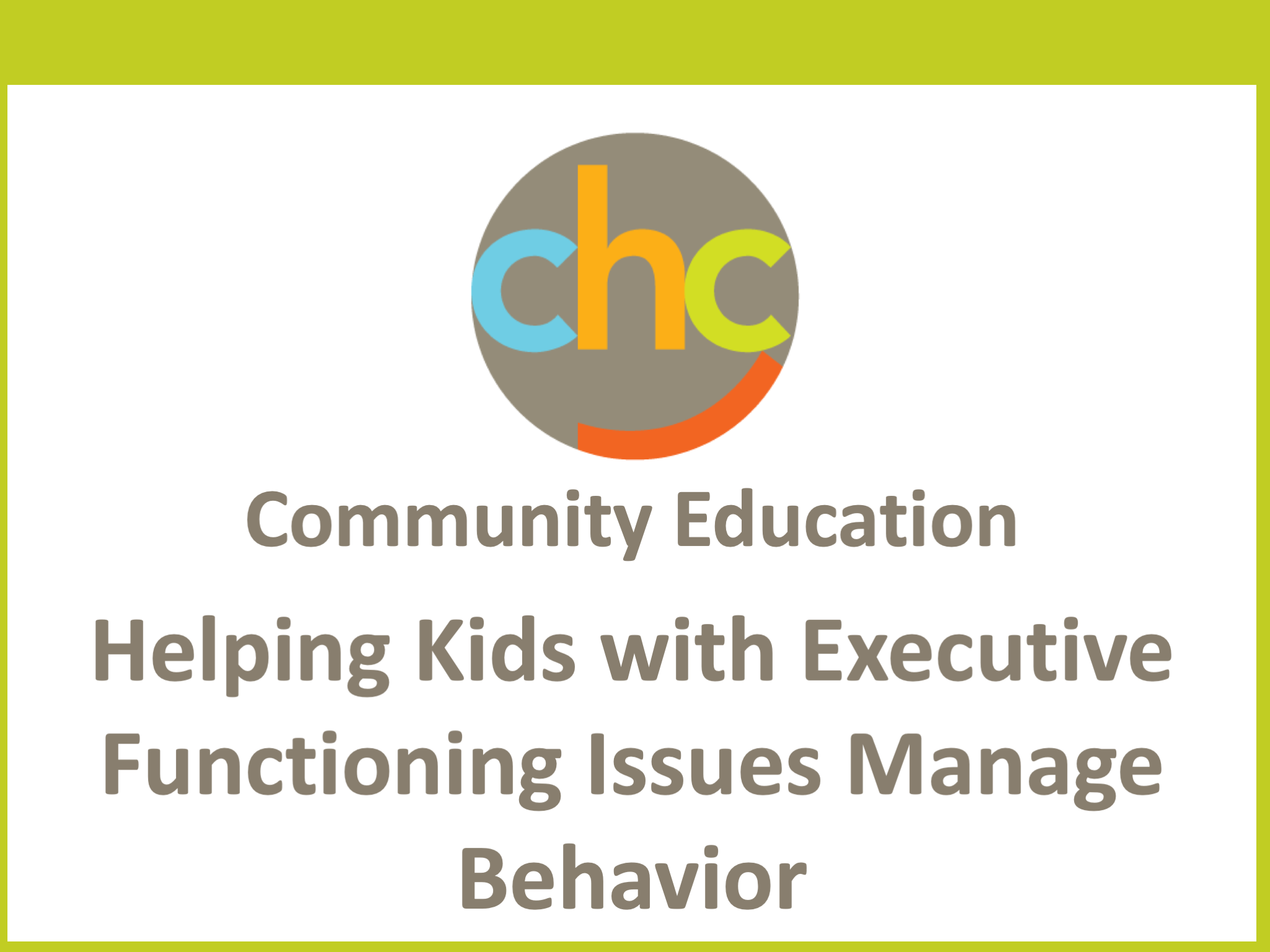

 Does your child have a hard time keeping one bit of information in mind while he’s doing something else? For example, if he’s helping make spaghetti and the phone rings, does he forget he needs to go back and keep stirring the sauce? If he often has trouble with such tasks, he might have working memory issues.
Does your child have a hard time keeping one bit of information in mind while he’s doing something else? For example, if he’s helping make spaghetti and the phone rings, does he forget he needs to go back and keep stirring the sauce? If he often has trouble with such tasks, he might have working memory issues. 

